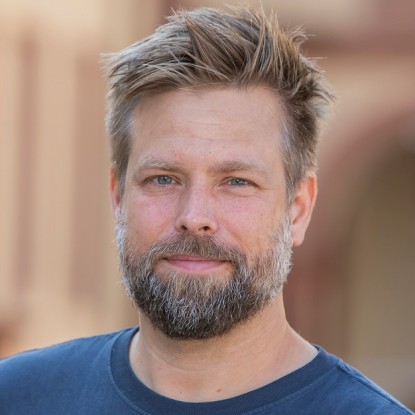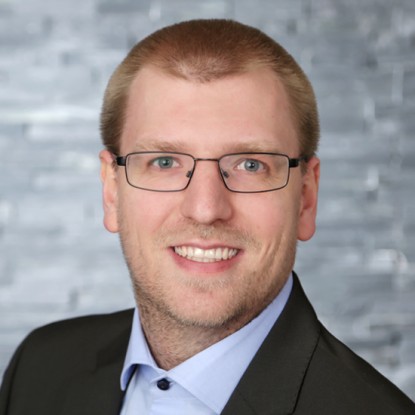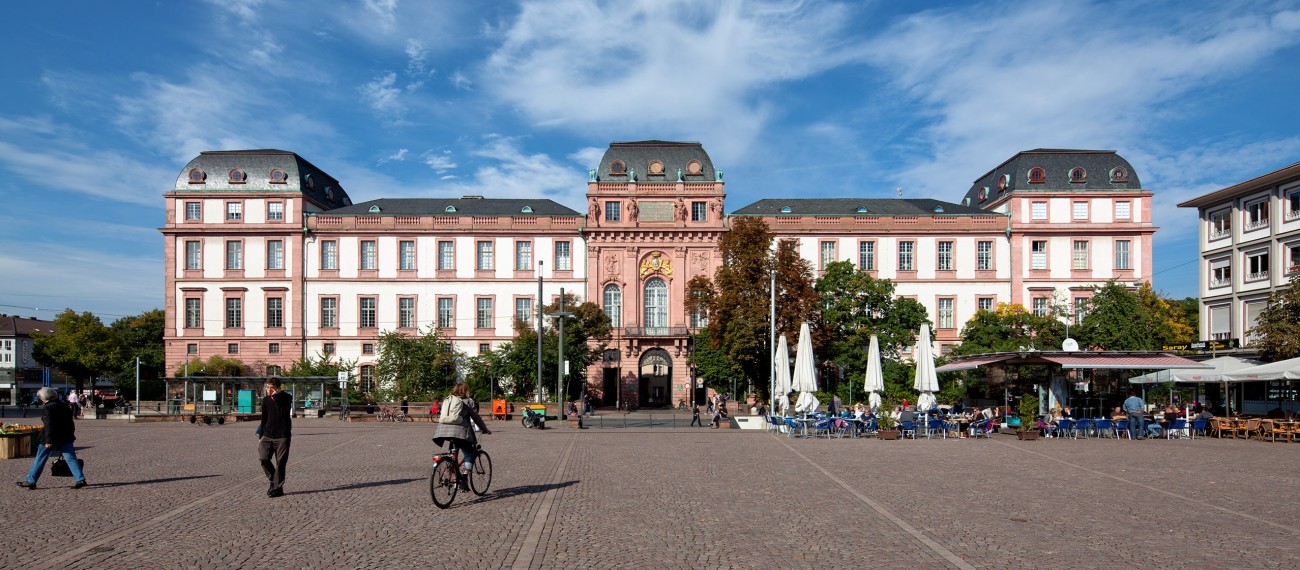Background
Adapting to climate change is necessary, even if global warming could be limited to 1,5 degrees above the pre-industrial level. Cities and municipalities play a key role in in this process because suitable adaptation policies and measures typically have to be identified and implement at the local level. Against this background, it is increasingly important to understand how local adaptation policy innovations emerge and how their diffusion can be stimulated.
Approach
The project analyzes the status of municipal adaptation policy in the State of Hessen in central Germany, how local adaptation policies diffuse, and how diffusion processes can be supported. Data collection involved a survey, to which more than half of the 422 Hessian municipalities responded. First results were subsequently discussed with municipalities, practitioners and experts at a dedicated online workshop. Finally, qualitative interviews were conducted with 25 select municipalities in order to gain a more detailed understanding of potential diffusion mechanisms.
Results
The results show that both citizens and administrations in the Hessian municipalities sense the urgency of adapting to climate change. Most municipalities have already adopted and implemented manifold adaptation measures such as the use of climate-ready tree and plant species, the insultation of buildings, or the greening of streets. However, many municipalities still lack a dedicated adaptation strategy which links and coordinates different adaptation action areas and measures. Perceived barriers to municipal adaptation include a lack of staff and financial resources, as well as competing interests.
Factors relevant for adaptation policy diffusion include networking and funding opportunities and are well received by the Hessian municipalities. However, the latter could be made more easily accessible. The further diffusion and support of municipal adaptation policy in Hessen requires, among others, more qualified staff, a better organization of the policy field, and additional guidance, for example by means of best practice and topical collaboration between municipalities.
A current report (in German) summarizes the results of the research project (project report). Further project results can be found in the listed publications.
Publications
Schulze, Kai und Jonas J. Schoenefeld. 2023. Measuring climate change adaptation policy output: Toward a two‐dimensional approach. Review of Policy Research, 40 (6): 1058–1092.
Schulze, Kai, Jonas J. Schoenefeld und Mikael Hildén. 2023. Adapting to climate change: Promises and pitfalls in the diffusion of solutions. Regional Environmental Change 24 (4). https://doi.org/10.1007/s10113-023-02165-5.
Schoenefeld, Jonas J., Mikael Hildén, Kai Schulze und Jaana Sorvali. 2023. What motivates and hinders municipal adaptation policy? Exploring vertical and horizontal diffusion in Hessen and Finland. Regional Environmental Change, 23 (2). https://doi.org/10.1007/s10113-023-02048-9.
Schulze, Kai, Nils Bruch, Monika Meyer und Jonas Schönefeld. 2022. Die Verbreitung kommunaler Klimaanpassungspolitik in Hessen: Bestandsaufnahme und Perspektiven. Darmstadt: Universitäts- und Landesbibliothek Darmstadt. DOI: 10.26083/tuprints-00022826.
Schoenefeld, Jonas J., Mikael Hildén und Kai Schulze. 2022. Policy innovation for sustainable development. In Handbook on the Governance of Sustainable Development, Hrsg. Duncan Russel und Nick Kirsop-Taylor. Cheltenham: Edward Elgar, 161–74.
Schoenefeld, Jonas J., Kai Schulze und Nils Bruch. 2022. The diffusion of climate change adaptation policy. Wiley Interdisciplinary Reviews: Climate Change: e775.
Schulze, Kai und Jonas J. Schoenefeld. 2022. Parteiendifferenz in der lokalen Klimapolitik? Eine empirische Analyse der hessischen Klima-Kommunen. Zeitschrift für Vergleichende Politikwissenschaft 15 (4): 525–550.
Informing the public debate
Interview in the magazine „Stern“ with IWU Scientist Dr. Jonas Schoenefeld (online):
16.07.2021
https://www.iwu.de/nachricht/?tx_ttnews%5Btt_news%5D=315&cHash=4af3a7881a2a35bd39312ae38898f68e
Two radio contributions in the „Hessischen Rundfunk“ (hr INFO):
22.09.2021
(Dr. Kai Schulze from min. 15:05)
25.10.2021
Newspaper contributions:
14.10.2021, Rüsselsheimer Echo: „Extremwetter werden zunehmen“
22.09.2021, Darmstädter Echo: „Gemeinsam in eine gute Zukunft im Kreis Groß-Gerau“
14.10.2021, Rhein Main Verlag: „‘Klima im Focus‘ im Kreis Groß-Gerau“
Funding
Funding institution:Fritz Thyssen Stiftung
Funding period: 01.10.2019 – 31.01.2023
Funding budget:€ 218.000
Project team TU Darmstadt
| Name | Working area(s) | Contact | |
|---|---|---|---|

Picture: IfP
| apl. Prof. Dr. Kai Schulze Research Associate | Comparative Politics and European Integration | schulze@pg.tu-... +49 6151 16-57340 S3|13 335 |

Picture: Bruch, N.
| Nils Bruch M.A. Research Associate | Doctoral Candidate | Comparative Politics and European Integration | bruch@pg.tu-... +49 6151 16-57292 S3|12 442 |



